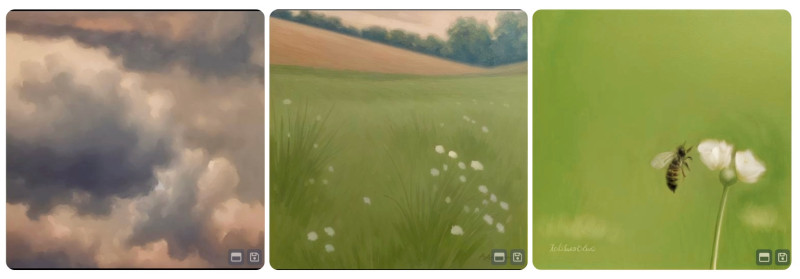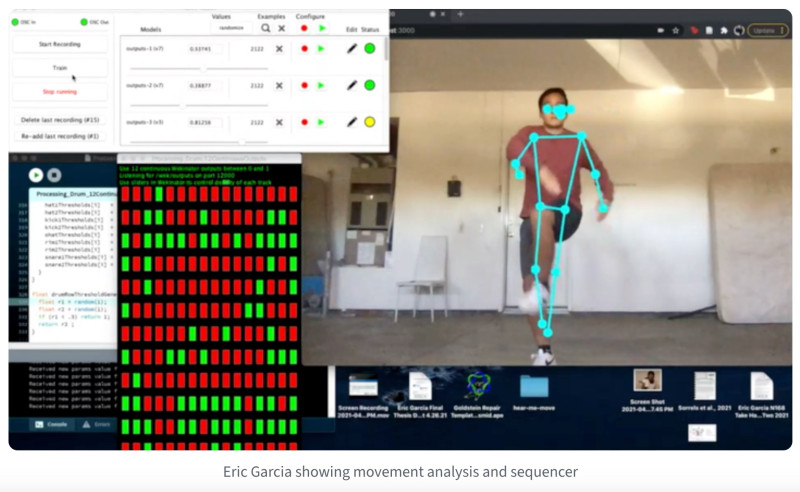MACHINE LEARNING FOR ARTISTS

Scripps College MS038
Fall 2021
MW 09:35-10:50AM
Location: Steele Hall, Room 229
COURSE STAFF
Professor: Douglas Goodwin
Email: dgoodwin@gmail.com
COURSE OVERVIEW
Machine learning (ML) is transforming technology and society through applications in automatic translation, speech recognition, transportation, and beyond. While ML is becoming ubiquitous in our daily lives, it remains daunting to non-specialists. This course bridges this divide by introducing ML concepts to students without prior experience, providing templates for immediate hands-on work with ML tools and frameworks.
Students will study and remake artworks by leading ML artists including Mario Klingemann, Anna Ridler, Sougwen Chung, Memo Akten, Helena Sarin, and Tom White. The course explores various techniques and frameworks such as image segmentation, CycleGAN, pix2pix, and TensorFlow. Students will develop an independent project in the final third of the course.


